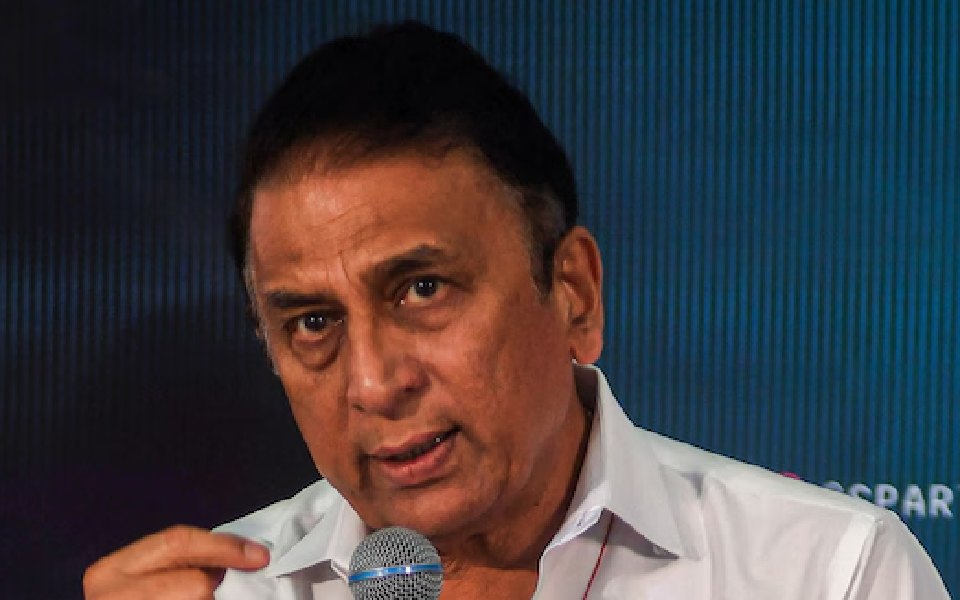Mandya: A tragic incident occurred in D Hosur village of Maddur taluk in Mandya district on Tuesday, as a three-year-old girl was fatally struck by a mini goods transport vehicle while it was being reversed on the road.
The victim, identified as Rifa, was the daughter of Sarvar Khan and resided with her family in a rented house in D Hosur village. According to reports, Rifa had visited a nearby dairy farm in the morning, as part of her daily routine. While returning home, she encountered the unfortunate incident.
Gangadhar, the driver of the mini goods transport vehicle, had parked the vehicle along the same road and was reversing it at the time. Tragically, as the vehicle collided with Rifa, she fell to the ground and was subsequently run over, resulting in her immediate death.
ALSO READ: Priyank Kharge hands Rs 1 lakh compensation from Cong to family of cop killed by sand miners
The incident left Rifa's parents devastated and grieving over the sudden loss of their young daughter. The local residents placed the blame squarely on the driver, Gangadhar, holding him responsible for his alleged carelessness that led to the tragic accident.
Maddur Police registered a case and are conducting an investigation. They visited the site of the accident to gather evidence and further details. Meanwhile, the body of the three-year-old girl has been transferred to the mortuary of a local hospital.
Let the Truth be known. If you read VB and like VB, please be a VB Supporter and Help us deliver the Truth to one and all.
Tel Aviv, May 13 (AP): Israeli Prime Minister Benjamin Netanyahu says there is “no way” Israel will halt its war in Gaza, even if a deal is reached to release more hostages.
His comments are likely to complicate talks on a new ceasefire that had seemed to gain momentum after Hamas released the last living American hostage on Monday in a gesture to US President Donald Trump, who is visiting the region but skipping Israel.
They pointed to a potentially widening rift between Netanyahu and Trump, who had expressed hope that Monday's release of Israeli-American soldier Edan Alexander would be a step toward ending the 19-month war.
In comments released by his office Tuesday from a visit to wounded soldiers the previous day, Netanyahu said Israeli forces were just days away from a promised escalation of force and would enter Gaza “with great strength to complete the mission. ... It means destroying Hamas.”
Any ceasefire deal reached would be temporary, the prime minister said. If Hamas were to say they would release more hostages, “we'll take them, and then we'll go in. But there will be no way we will stop the war,” Netanyahu said. “We can make a ceasefire for a certain period of time, but we're going to the end.”
Hamas has said it will only release the remaining hostages in return for more Palestinian prisoners, a lasting ceasefire and an Israeli withdrawal from Gaza. The dispute over whether to end the conflict has been the main obstacle in negotiations going back more than a year.
Israel says 58 hostages remain in captivity, with as many as 23 of them said to be alive, although authorities have expressed concern about the condition of three of them.
Many of the 250 hostages taken by Hamas-led militants in the Oct. 7, 2023 attack that started the war were freed in ceasefire deals.





